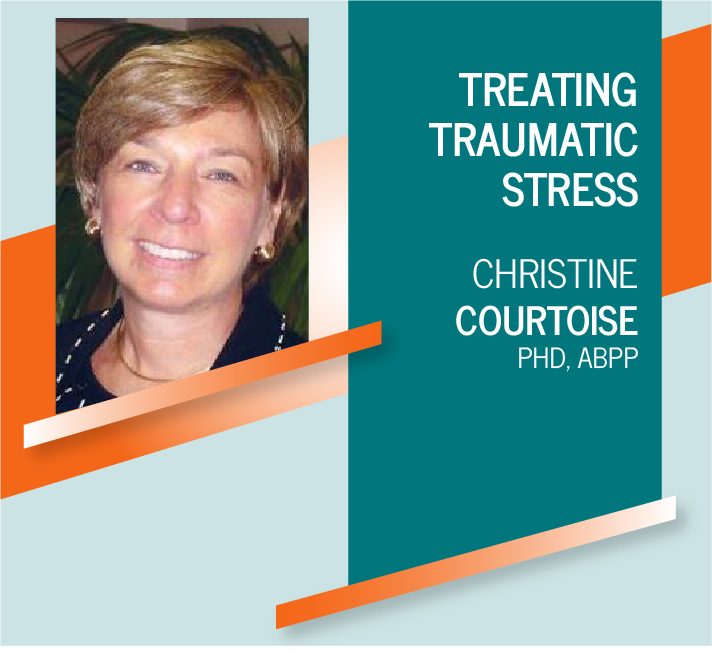In addition, she will talk about the development of treatment models for complex traumatic stress disorders that address their many manifestations. In the aftermath of our recently revised book on complex trauma treatment, Julian Ford and I have developed a treatment meta-model along with guidelines to assist the clinician in what can be a very challenging and confusing treatment process. The acronym PRISM refers to treatment that is Personalized, Integrative, Sequenced, Relational, and Multi-component treatment. Each of these will be presented along with its specific rationale and sub-components. Following this lecture, attendees will be able to discern how the various treatment models presented in this Congress on Attachment and Trauma fit within this meta-model.
Learning Objectives:
- Participants will be able to identify the criteria for Disorders of Self-Organization.
- Participants will be able to identify three reasons that the sequenced model has utility with this population.
- Participants will be able to identify what the acronym PRISM stands for.

Christine Courtois, PhD ABPP

